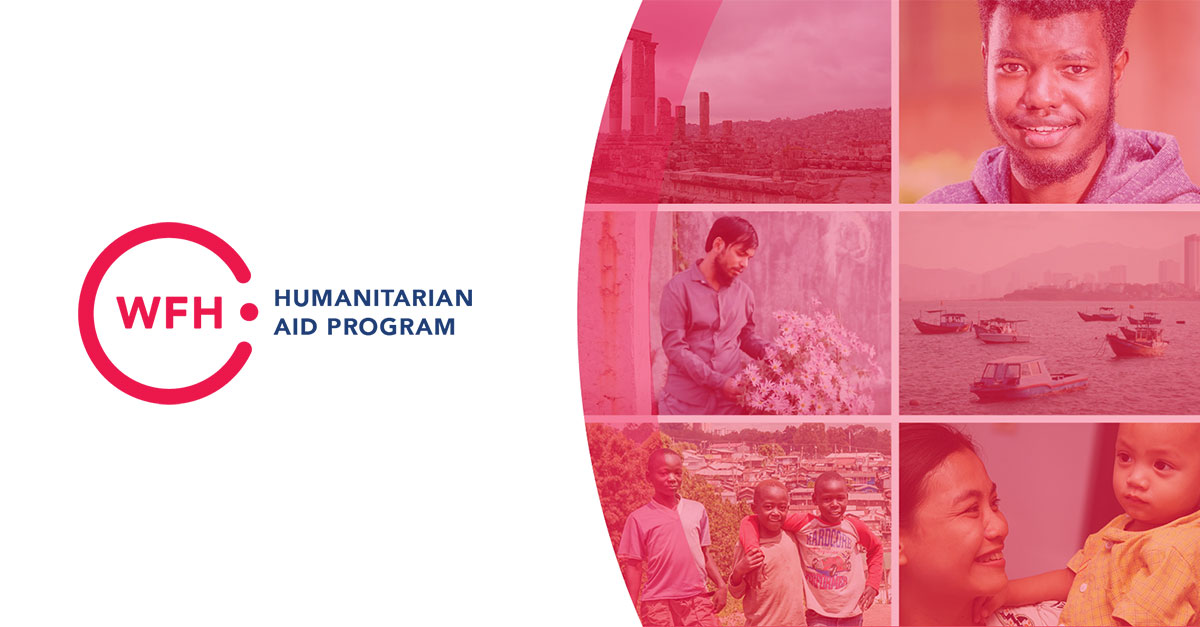Before the expansion of the WFH Humanitarian Aid Program care for PWBDs in Pakistan was at an absolute minimum. Patients lived day-to-day, and because donated factor supplies were erratic, it was impossible to plan any kind of treatment regimen. After the expansion of the Program, the situation changed drastically. Donated product is now available to thousands of PWBDs, and many of those individuals can take treatment product home with them for self-infusion. This means less visits to HTCs—which for many patients could take hours, if not days—less acute bleeds, and ultimately, less missed school and missed work.
The education and training which came with the expansion of the Program also helped to greatly improve conditions. For example, increased donations came with training on how to best store and distribute factor, ensuring that the entire system was as optimized as possible. Diagnosis training also helped HTCs—and the national member organization (NMO)—identify more PWBDs, bringing care and comfort to people who may have suffered without even knowing what was wrong with them. In recent years, donated product has grown to include non-factor replacement therapy, which has brought prophylaxis to even more people. Prophylactic treatment is also being prioritized for children, allowing them to live more normal lives and go to school with their peers. Finally, predictable supplies of factor mean that more surgical procedures are being undertaken, giving new hope for people who have suffered permanent physical issues related to their bleeding disorder.
Tracking care has also improved. Now, patients are being followed using the World Bleeding Disorders Registry (WBDR). The registry is being also used to monitor health outcomes and demonstrate the impact of WFH Humanitarian Aid Program donations. This allows the system to capture the impact that adequate treatment can have on the quality of life and socioeconomic experience of people with bleeding disorders (PWBDs) in Pakistan. This is allowing HTCs, the national member organization (NMO) and other stakeholders to effectively advocate with governments for better care.
Since 2015, over 62 million IUs of factor were donated to Pakistan. Nearly 12 million IUs of factor—and nearly 500,000 mg of non-factor replacement therapy—were donated to the country through the WFH Humanitarian Aid Program in 2022. To find out more about the WFH Humanitarian Aid Program, please click here.
About the WFH Humanitarian Aid Program
The WFH Humanitarian Aid Program improves the lack of access to care and treatment by providing much-needed support for people with inherited bleeding disorders in developing countries. By providing patients with a more predictable and sustainable flow of humanitarian aid donations, the WFH Humanitarian Aid Program makes it possible for patients to receive consistent and reliable access to treatment and care. None of this would be possible without the generous support of Sanofi and Sobi, our Founding Visionary Contributors; Bayer, CSL Behring and Roche, our Visionary Contributors; Grifols, our Leadership Contributor; and Takeda and Japan Blood Products Organization, our Contributors. To learn more about the WFH Humanitarian Aid Program, visit www.treatmentforall.org.













